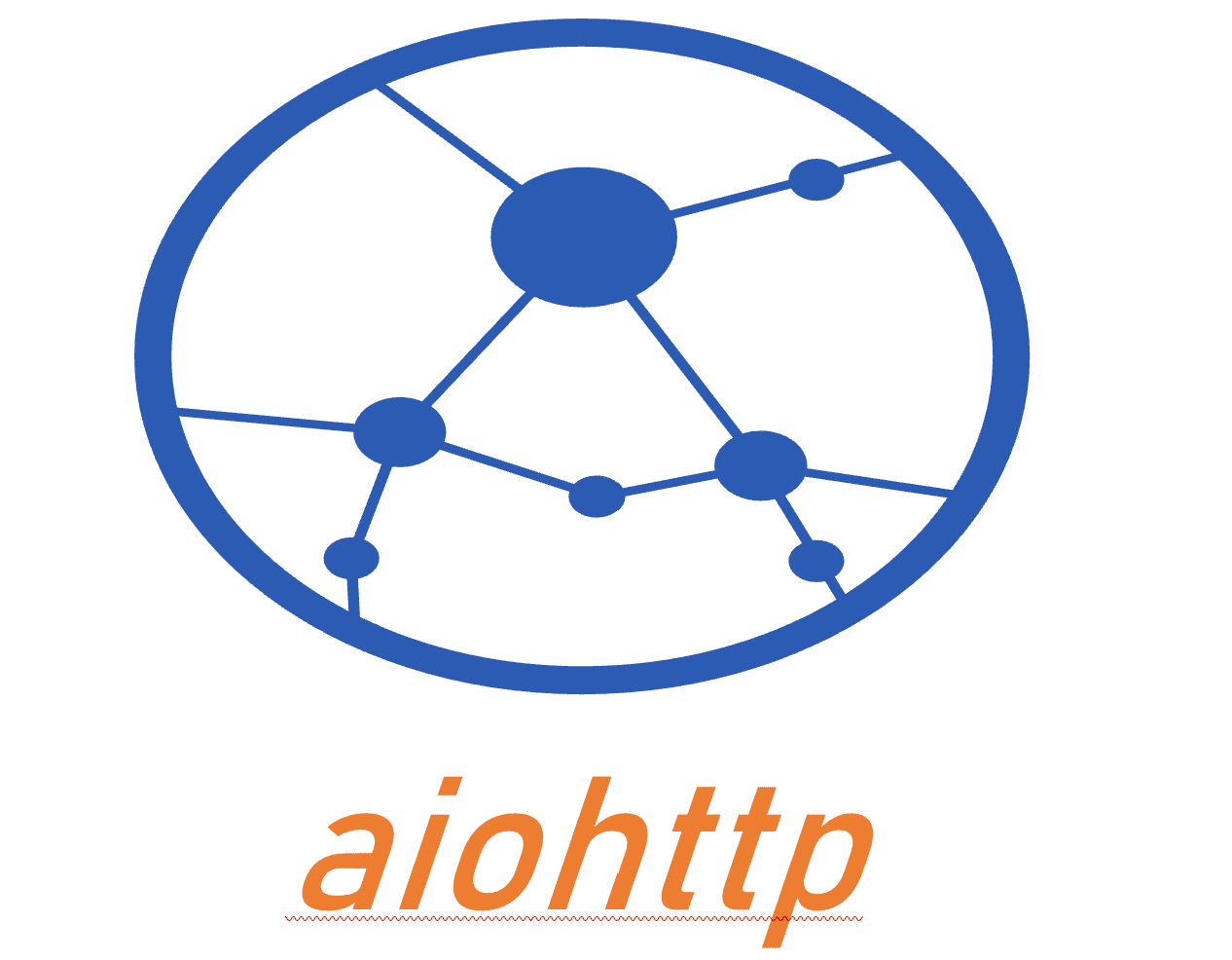
A severe security flaw has been identified in aiohttp, the widely used open-source library that enables asynchronous HTTP request handling in Python applications. The vulnerability, tracked as CVE-2024-30251, is a denial of service (DoS) issue that allows attackers to incapacitate web services with a single malformed POST request. This discovery raises significant concerns for technology firms, web developers, backend engineers, and data scientists who rely on aiohttp for high-performance web applications.

Understanding the Vulnerability
CVE-2024-30251 has been assigned a CVSS score of 7.5, indicating a high severity level. The flaw originates from how aiohttp processes multipart/form-data POST requests. Attackers exploiting this vulnerability can send specially crafted requests that force the aiohttp server into an infinite loop, rendering it incapable of processing further requests and effectively knocking the service offline.
Impact and Exploitation
The potential impact of this vulnerability is extensive, given aiohttp’s popularity for building applications that aggregate data from various external APIs. An attacker can exploit this flaw to disrupt services, leading to downtime and potentially significant business losses, especially for services that depend on real-time data processing and responsiveness.
Patch and Mitigation
The aiohttp team has responded quickly, releasing a patched version (3.9.4) that resolves the vulnerability. However, the fix introduces minor issues with handling form data, suggesting that a more comprehensive update may be necessary for complete remediation. For those unable to upgrade to the latest version immediately, the development team has provided a minimum diff patch that addresses the critical aspects of the vulnerability. The specific commits for a more robust backport include changes made in updates cebe526, 7eecdff, and f21c6f2.
Previous Exploits and Ongoing Risks
This is not the first time aiohttp has been the target of cyber threats. In March, the ransomware group ShadowSyndicate was reported to be actively scanning for servers vulnerable to another aiohttp-related security flaw, CVE-2024-23334, which involved a directory traversal vulnerability. This pattern of exploitation underscores the attractiveness of such vulnerabilities to cybercriminals, particularly those involved in ransomware and other malicious activities.
Advice for Developers and Administrators
Web developers and system administrators are urged to assess their use of aiohttp and upgrade to the latest version immediately to mitigate the risks associated with this vulnerability. Additionally, they should monitor their systems for any unusual activity, as exploitation signs might indicate attempts to leverage this, or other previously known vulnerabilities.